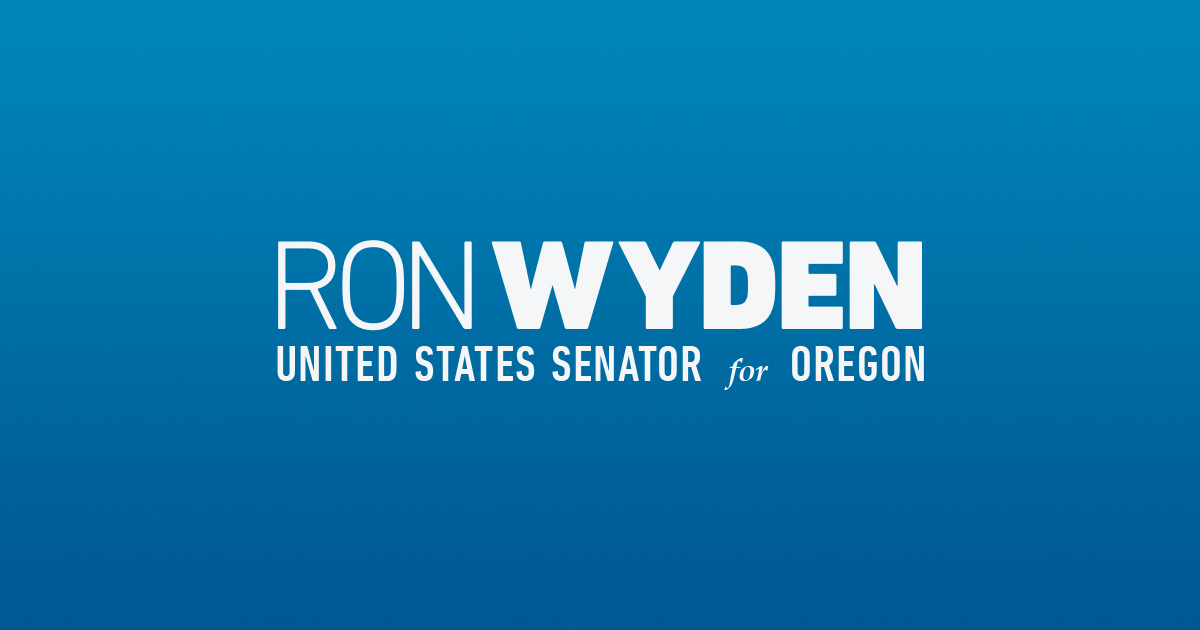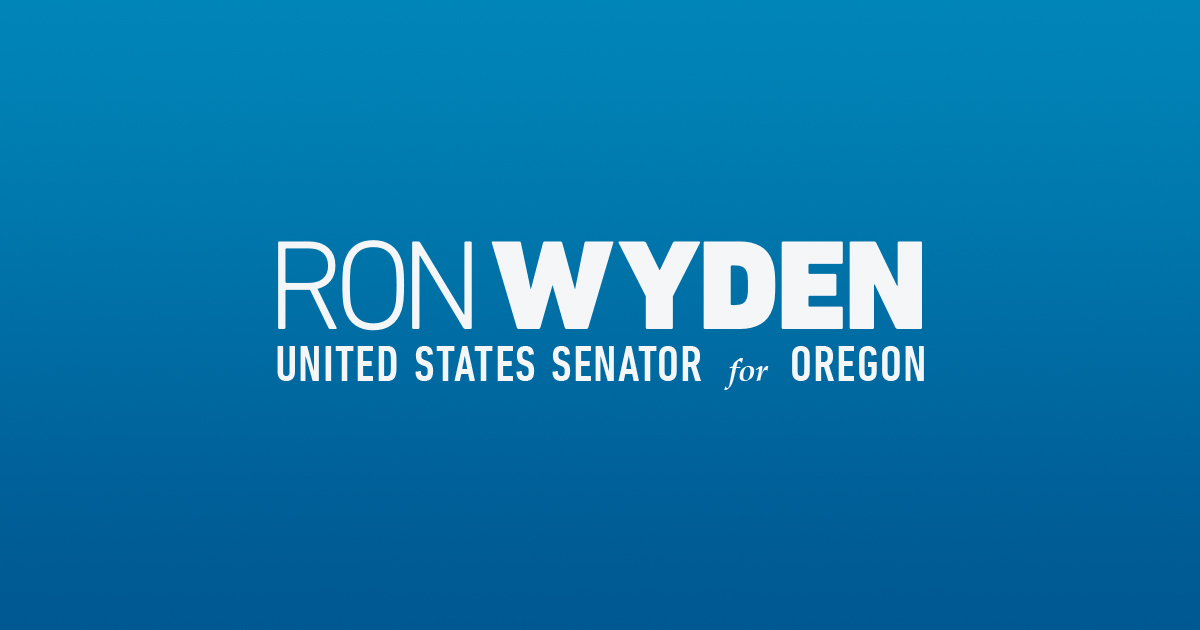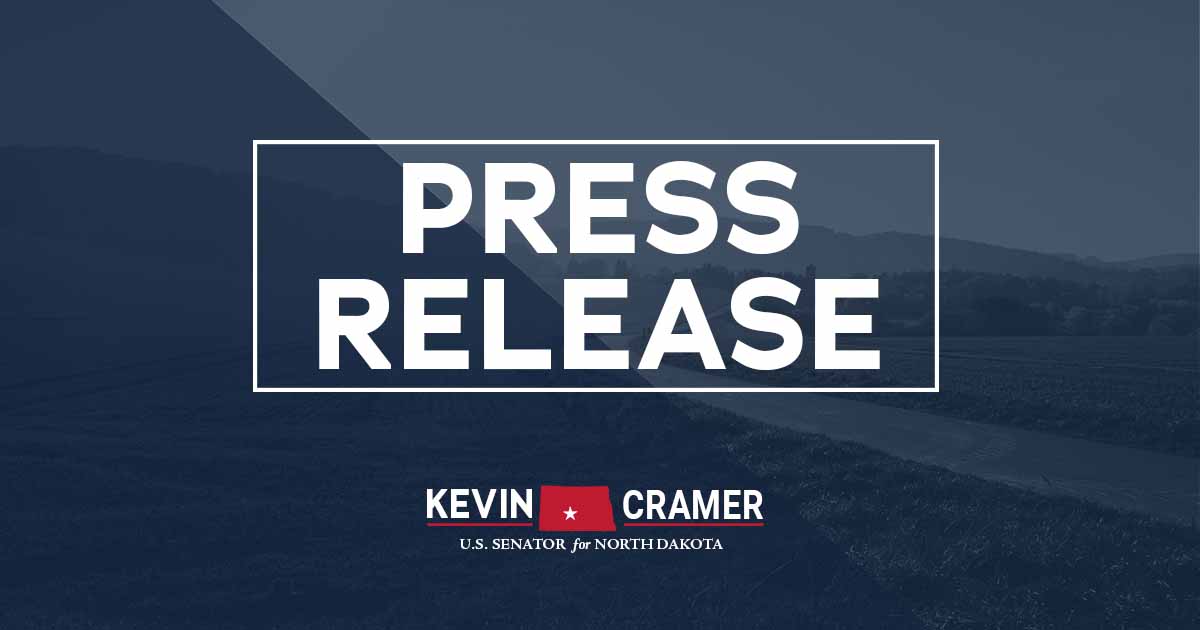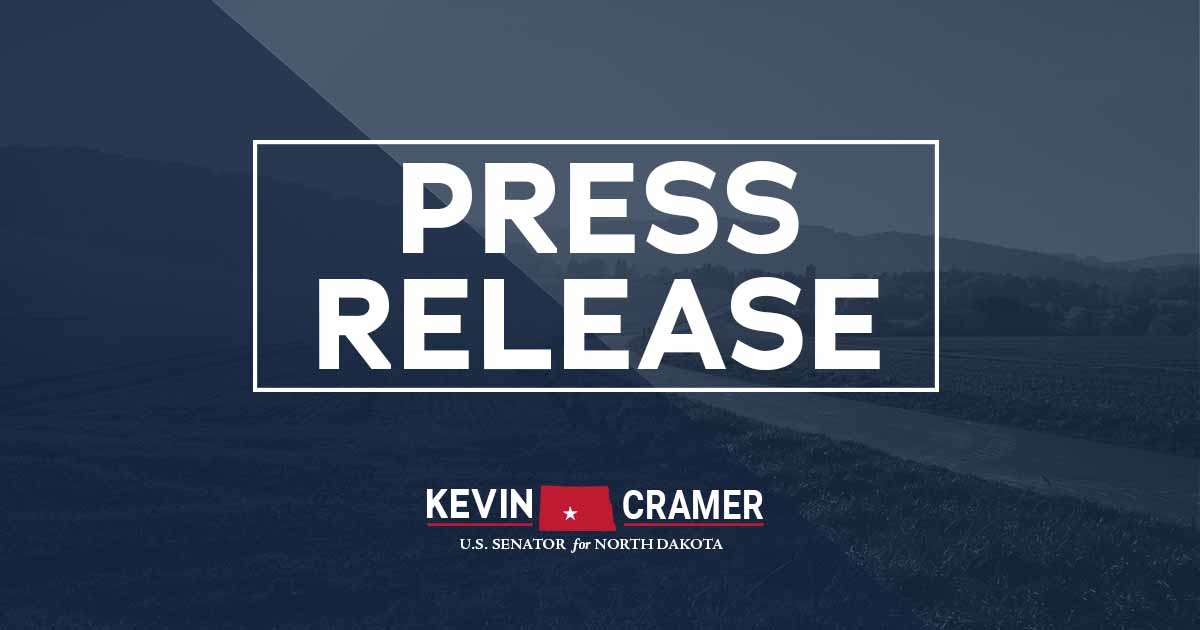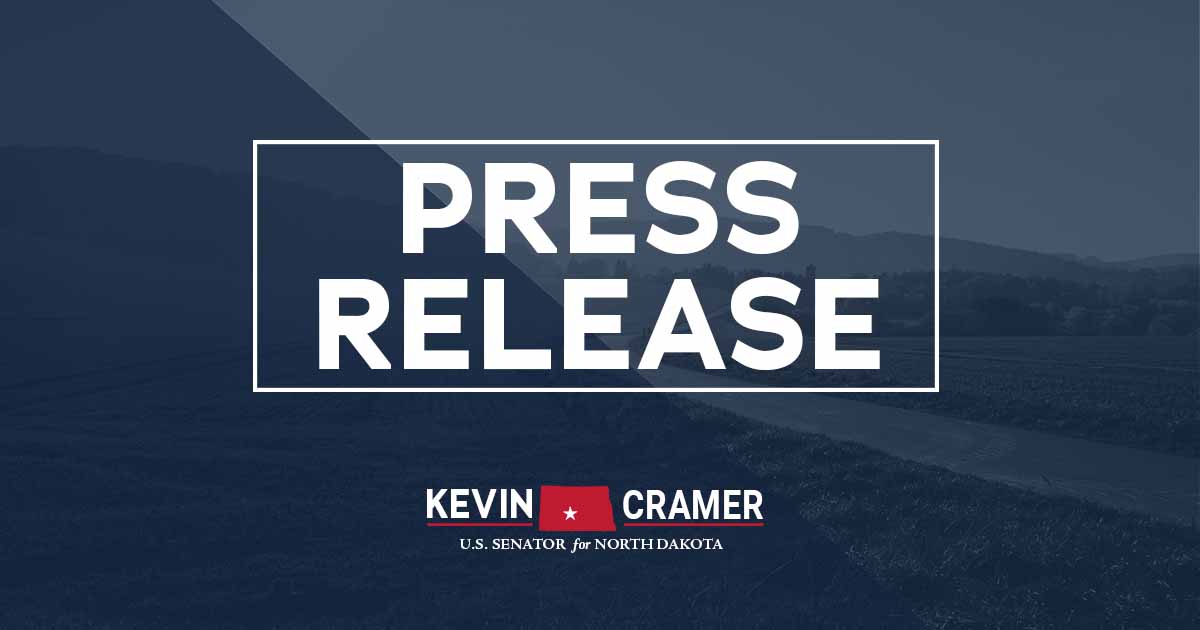Source: United States Senator Ron Wyden (D-Ore)
February 23, 2022
Public Access to Research Promotes New Scientific Discoveries, Improved Equity and Sustainability
Washington, D.C. –U.S. Senators Ron Wyden, D-Ore., and Edward J. Markey, D-Mass., today sent a letter to Dr. Alondra Nelson, Deputy Director of Science and Society, Office of Science and Technology Policy (OSTP), urging for the establishment of a national government-wide public-access policy for federally funded research with a focus on equity, sustainability, and strategic technological development, guaranteeing rapid access for all federally funded research articles with broad re-use rights. This effort would enable rapid access to research publications in human- and machine-readable formats and supercharge national priorities, such as COVID-19 response, climate change, and President Biden’s Cancer Moonshot.
“To truly meet the magnitude of the research and innovation needs of today’s fast-paced, globalized world, including meeting the goals of the Cancer Moonshot, our nation needs a bold, comprehensive, and government-wide public-access policy guaranteeing rapid access for all federally funded research articles with broad re-use rights,” Wyden and Markey wrote. “We ask that you work quickly and aggressively to make this goal a reality, ensuring that the hard-earned tax dollars of everyday Americans are being invested in American communities and to update and strengthen current federal public access policies and to prioritize equity, sustainability, and strategic technological development.”
The vast majority of academic research, including federally funded research using Americans’ tax dollars, is published through subscription-based journals. Under this system, the U.S. government funds the research, researchers submit articles reporting the results for free to scientific journals, and other researchers validate those results by providing peer-review services without compensation. However, rather than being freely available for all to use, the resulting journal articles are accessible only through expensive subscriptions, with prices that often reach into the thousands of dollars for a single journal. These fees create a significant barrier to equitable participation in research, as they limit which authors and which sectors of research can afford to participate. Studies have shown that scholars who are financially able to participate in the publishers’ open-access systems are more likely to be tenured, federally funded, and male.
Openly accessible articles are read and cited more frequently than those behind publisher paywalls. Publications with broad re-use rights can be made available in machine-readable formats, allowing for new and unexpected insights to be gathered through computational analysis of the underlying data. While some publishers have begun to establish open-access programs to facilitate public access, they often demand authors who do not get compensation from publishers to pay additional costs to publish their work in an open-access format.
In March 2020, the United States joined a dozen countries in asking publishers to make all coronavirus-related research, articles, and data immediately available to the public in an open and machine-readable format— many academic publishers agreed. The resulting database was accessed more than 160 million times by scientists, physicians, health care workers, and the public. Researchers were able to extract timely data from over 2,000 papers to create an open-source data repository of potential treatments to help with clinical trials and patient care. Without a change in national policy, however, these remain locked behind publisher paywalls for as long as a year after publication, Wyden and Markey said.
The full text of the letter is here and below.
February 23, 2022
Dr. Alondra Nelson
Deputy Director of Science and Society
Office of Science and Technology Policy
Executive Office of the President
Eisenhower Executive Office Building
1650 Pennsylvania Avenue
Washington, D.C. 20504
Dear Deputy Director Nelson,
We commend the progress documented in the Office of Science and Technology Policy’s (OSTP’s) recent report to Congress on the implementation of public access to taxpayer-funded research by federal departments and agencies. In support of these efforts, we write to urge you to establish a national cross-government public-access policy for federally funded research with a focus on equity, sustainability, and strategic technological development by strengthening the policy set forth in the 2013 OSTP memorandum, “Increasing Access to the Results of Federally Funded Scientific Research.” This would allow all Americans to freely access research supported by their taxpayer dollars, advance knowledge and innovation, and ensure that the public sees a robust return on their government’s investment in science. These efforts are incredibly important in light of both the COVID-19 pandemic and President Biden’s announcement to supercharge the Cancer Moonshot with the goal of cutting cancer deaths by at least 50% over the next 25 years. Ensuring public access to taxpayer-funded research can play a crucial role in addressing these public health challenges and opportunities.
The vast majority of academic research, including federally funded research using Americans’ tax dollars, is published through subscription-based journals. Under this system, the U.S. government funds the research, researchers submit articles reporting the results for free to scientific journals, and other researchers validate those results by providing peer-review services without compensation. However, rather than being freely available for all to use, the resulting journal articles are accessible only through expensive subscriptions, with prices that often reach into the thousands of dollars for a single journal.
No library can afford to provide access to all the journals its community needs. As a result, many university libraries, as well as public libraries, have been forced to renegotiate smaller subscription arrangements or to terminate them altogether. The COVID-19 pandemic put increasing strain on budgets, with a disproportionate negative impact on access to this important research for smaller universities, community colleges, and individual researchers, as well as for innovators, entrepreneurs, and the public.
At the same time, the urgent need for immediate access to COVID-19-related research was clear. In March 2020, the United States joined a dozen countries in asking publishers to make all coronavirus-related research, articles, and data immediately available to the public in an open and machine-readable format, and many academic publishers agreed. The resulting database has been an invaluable resource, accessed more than 160 million times by scientists, physicians, health care workers, and the public. For example, researchers were able to extract timely data from over 2,000 papers to create an open-source data repository of potential treatments to help with clinical trials and patient care. Other public health and national priorities, such as climate change, would similarly benefit from rapid access to research publications in human- and machine-readable formats. Without a change in national policy, however, these remain locked behind publisher paywalls for as long as a year after publication.
Other national funders (including the European Commission and the government of the United Kingdom) and private foundations have adopted policies that provide immediate public access to published research results, with broad re-use rights that provide direct benefits to both authors and readers. First, articles that are openly accessible are more widely read than those locked behind publisher paywalls. These articles are also cited more frequently over sustained periods of time than content that is available only via subscription. Second, articles with broad re-use rights can be made available in machine-readable formats to accelerate further research, as new and unexpected insights can be extracted via computational analysis of the underlying information.
For these reasons, we were encouraged that OSTP’s 2013 memorandum directed federal science agencies to develop plans to make the results of federally funded research freely available to the public no later than one year after publication. While some publishers have begun to establish open-access programs to support public access, they typically require authors, who receive no payment from publishers for their contributions, to pay extra fees to publish their work on an open access basis. These extra open access fees can run as high as $11,000 for a single article and may be charged against federal grants and contracts. These fees create a significant barrier to equitable participation in research, as they limit which authors and which sectors of research can afford to participate. Studies have shown that scholars who are financially able to participate in the publishers’ open-access systems are more likely to be tenured, federally funded, and male. For this reason and others, many scientific societies that publish journals have opted not to pursue open access publishing models for all of their journals.
To truly meet the magnitude of the research and innovation needs of today’s fast-paced, globalized world, including meeting the goals of the Cancer Moonshot, our nation needs a bold, comprehensive, and government-wide public-access policy guaranteeing rapid access for all federally funded research articles with broad re-use rights. We ask that you work quickly and aggressively to make this goal a reality, ensuring that the hard-earned tax dollars of everyday Americans are being invested in American communities and to update and strengthen current federal public access policies and to prioritize equity, sustainability, and strategic technological development.
###
